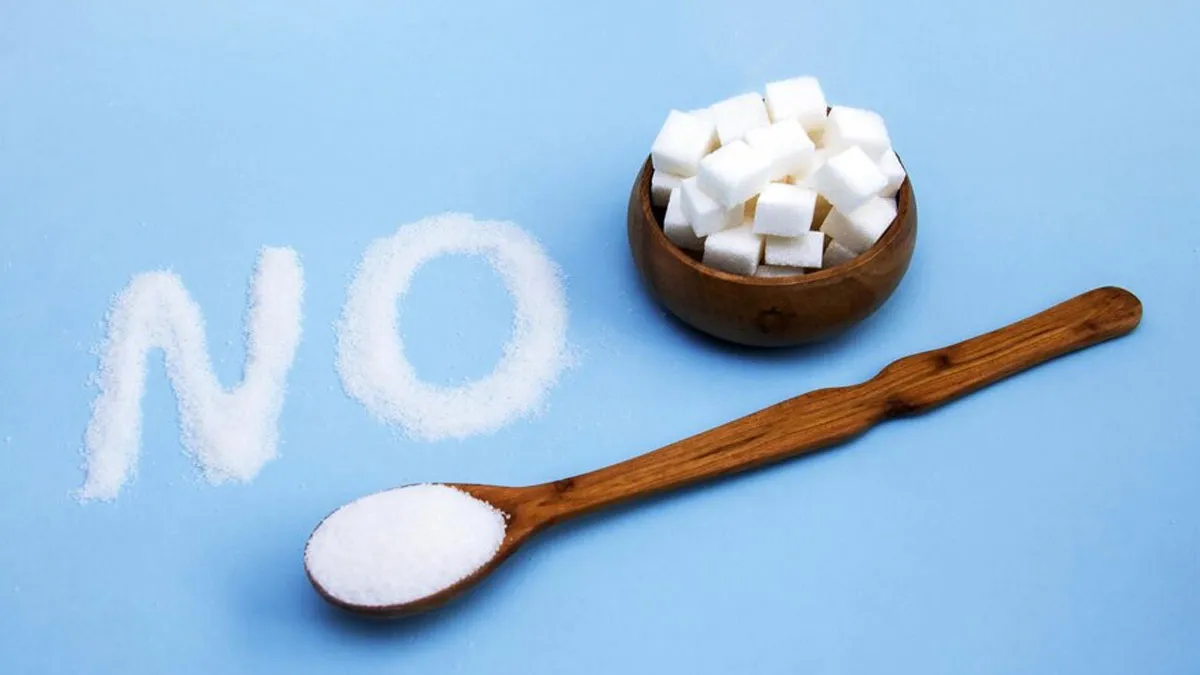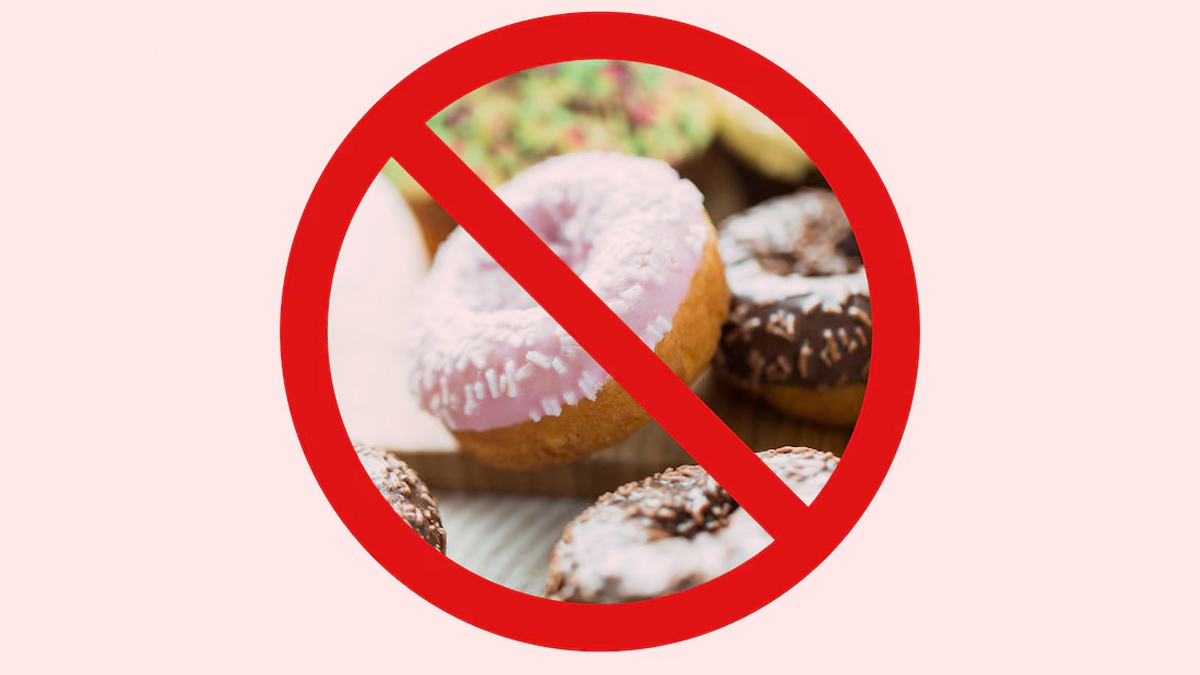
One of the best single steps you could take for improved health is to reduce sugar consumption. Excess consumption of sugar in the diet is associated with health problems ranging from mood disorder, and obesity to type 2 diabetes and heart disease. The risk of these diseases even increases if any of them runs in your genetics. So, if you have decided to reduce your intake of sugar, you are taking a step towards good health and we are here to help you!
Table of Content:-
In an exclusive interaction with the editorial team of Onlymyhealth, Dr Shrey Kumar Srivastav, Senior Consultant and Physician at Sharda Hospital - Noida, shared some easy methods that will guide your transition process quite painlessly into a lasting change.
1. Learn Where Sugar Hides
Sugar is not only in candy and desserts; it is also hidden in many processed foods, such as bread, sauces, cereals, and even savoury snacks. Start small and try reading the nutrition labels on the back of every product carefully. Look for terms like ‘high-fructose corn syrup,’ ‘sucrose,’ and ‘glucose,’ as these are some of the key sugar derivatives.
2. Start Gradually
Quitting sugar all of a sudden can be quite overwhelming and bring on the pangs of desire now and then. Instead, Dr Srivastav suggested doing it gradually by reducing the sugar intake. For instance, if you are in the habit of adding two teaspoons of sugar to your coffee, reduce it to one, half, and then none.

Also Read: Convenient And Healthy; Leading Dietician Shares Health Benefits Of Having Just Handful Of Almonds
3. Select Whole Foods
Dr Srivastav highlighted to include whole, and unprocessed food in your diet. Fruits, vegetables, whole grains, lean proteins, and healthy fats are all intrinsically very low in added sugars and are loaded with nutrients that help stabilise blood sugars and suppress appetite.
4. Sweeten the Natural Way
When you just need a bit of sweetness, turn to real foods like fresh fruit, cinnamon, or even vanilla extract, which add flavour without the side effects of processed sugar.
5. Hydrate
Sometimes, thirst is mistaken for hunger or sugar cravings. Drinking water throughout the day can help reduce the urge to reach for sugary snacks. Herbal teas and infused water are great alternatives if plain water feels monotonous.

6. Snack Smart
Keep healthy snacks on hand to prevent reaching for sugary options when hunger strikes. Nuts, seeds, Greek yoghurt, or a piece of fruit are satisfying choices that won’t spike your blood sugar.
7. Be Mindful of Beverages
Sugary drinks like soda, energy drinks, and even fruit juices are major sources of added sugar. Swap them for unsweetened alternatives like sparkling water, herbal tea, or black coffee.
Also Read: Healthy Snacking: Why You Should Choose 100% Natural Sweeteners For Your Kids
8. Plan Your Meals
Meal planning eliminates the quick grab of unhealthy, sugary bites. Plan meals and snacks for the week to ensure you are always prepared with healthy options.
9. Get Adequate Sleep
Not sleeping enough has been linked to sugar cravings and hunger hormone imbalances. Get at least seven to nine hours of good-quality sleep per night to be healthy, not dehydrated, and prevent hitting that soda bottle for a lift.
Bottomline
Quitting sugar doesn't mean you have to give up all the joy and flavour of eating. Instead, make slow, lasting changes to your diet and focus on wholesome, natural foods that will gradually reduce the sugar content in your diet making sure that you are the best and most healthy version of yourself!
Also watch this video
How we keep this article up to date:
We work with experts and keep a close eye on the latest in health and wellness. Whenever there is a new research or helpful information, we update our articles with accurate and useful advice.
Current Version